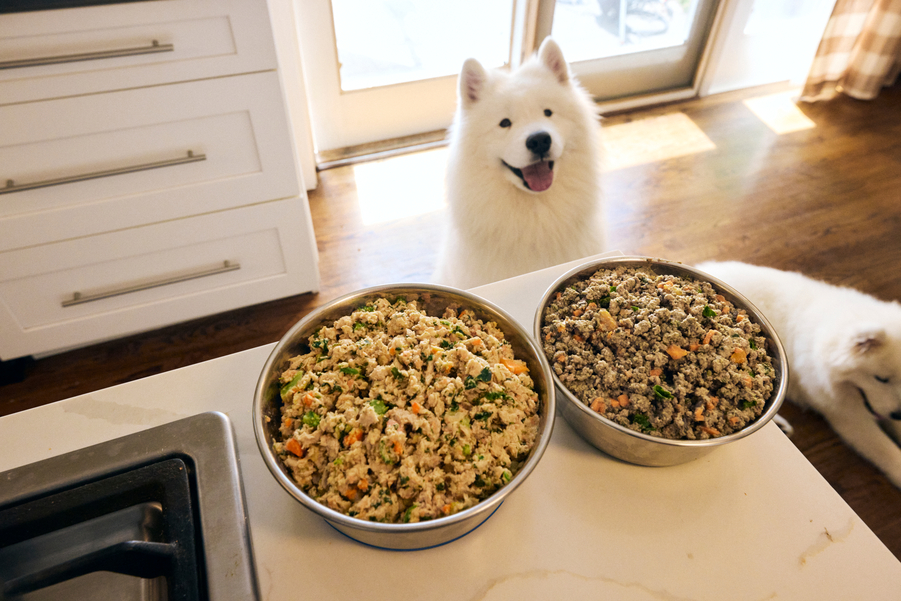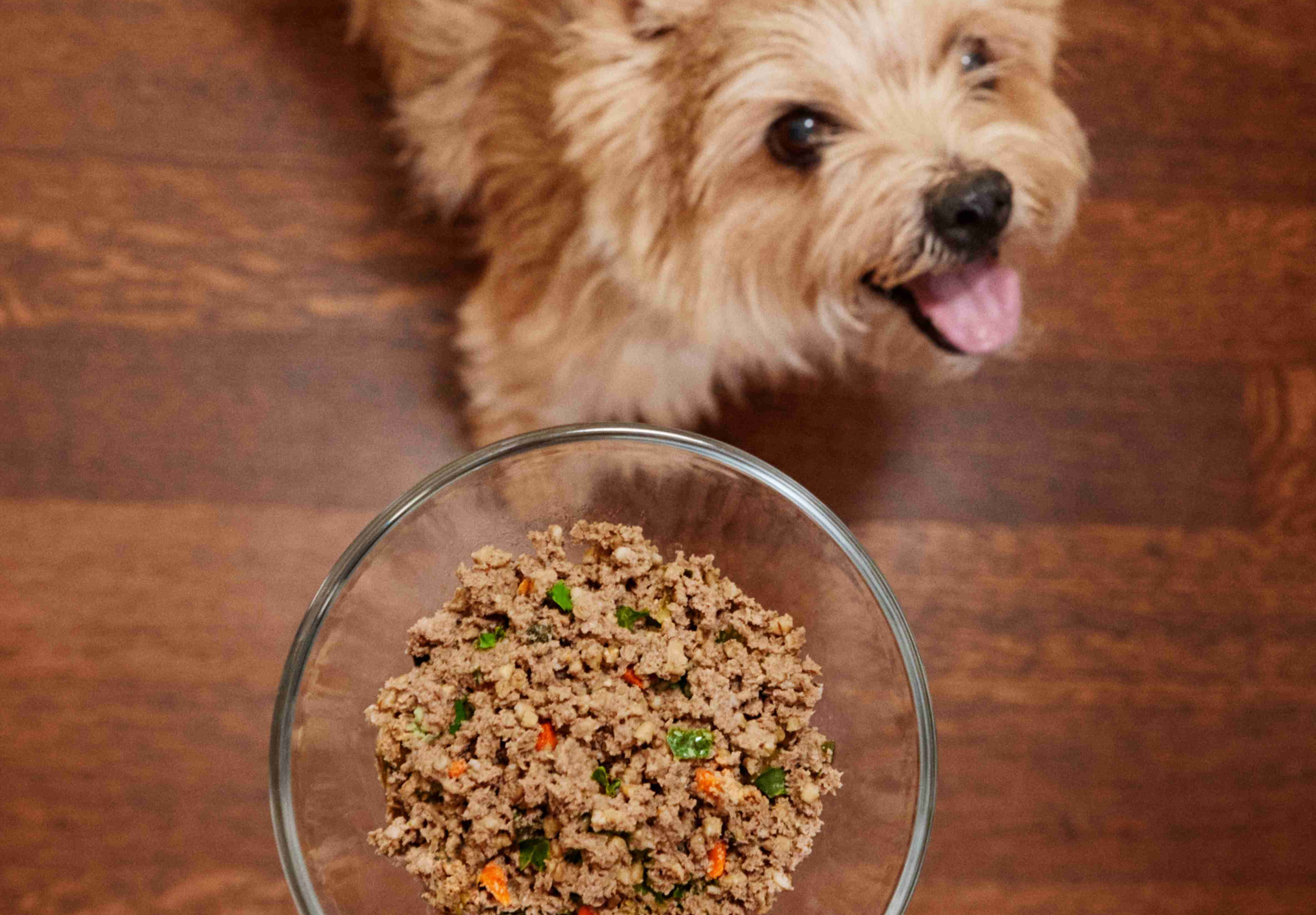
Apple cider vinegar is a versatile health tonic. Packed with a powerful flavor punch, this elixir works well in homemade salad dressings, juices, and wellness shots and has big benefits for both humans and dogs.
The Stats:
Apple cider vinegar, better known as ACV to health junkies, is made by extracting the juice from crushed apples and mixing it with beneficial bacteria and yeast. This starts the process of fermentation, through which natural sugars are converted to alcohol and, eventually, vinegar. High levels of natural enzymes and beneficial bacteria have made ACV a go-to natural remedy for hundreds of years.
The Benefits:
1. Acts as a digestive aid to regulate digestion and relieve digestive upset
2. Works as a tonic for the urinary tract system to prevent urinary tract infections, bladder and kidney stones
3. May help to alleviate or reduce allergic reactions
4. Improves cold weather tolerance
5. Naturally clears up bacterial and fungal infections, particularly skin problems
6. Fights tooth decay and may improve breath
7. Improves the growth and condition of healthy skin and coat
8. Works as a natural antibiotic to protect against bacterial diseases
9. Helps to reduce itchy skin, flakiness, and dry skin dander
10. May help balance internal pH levels which can protect against disease
How to Feed It:
The simplest way to offer your dog apple cider vinegar is to add some to his water bowl. Use no more than one tablespoon per 50 pounds of bodyweight and limit your use to twice a week. If your dog doesn’t like the strong flavor, try reducing the amount to 1 teaspoon per 50 pounds of bodyweight, cooking it into a homemade dog treat, or stirring some into your dog’s fresh meals.
Other Uses:
If your dog won’t ingest apple cider vinegar because of the taste, you can still use it as a natural cleaner for your dog’s ears or DIY flea repellant rinse. To make an apple cider vinegar ear cleaning rinse, mix equal parts plain water and apple cider vinegar, then dip a cotton ball in the ACV solution and gently use it to clean your dog’s ears. For a DIY flea rinse/flea repellent, mix 1 cup distilled water with ½ cup each of apple cider vinegar and brewed green tea (cooled) and then apply it to your dog’s coat after bathing. Massage into his skin, rinse well, and pat dry. Flea-free and flawless. We salute you, ACV.
Image: goop




